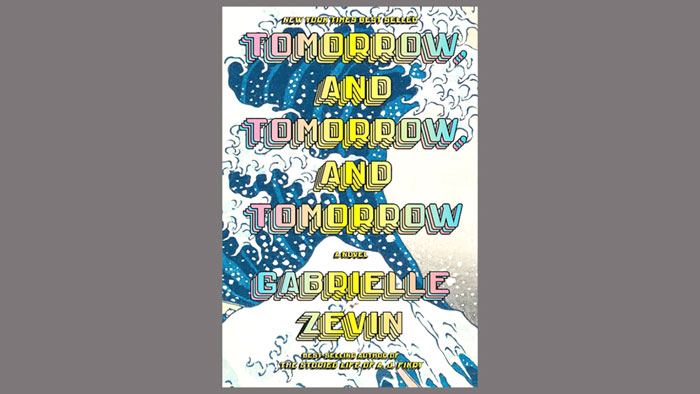
When I was young, I wanted nothing more than to hang out with my friends: at school and after school, overnight, on weekends and school breaks, during summers at sleepaway camp. If I really really couldn’t see my friends at a particular moment in time, I’d be draped across my bed, the receiver of my hot pink handset push button phone pressed against my ear, my fingers tangled in the matching curled cord, dissecting this or that event of the day down to the tiniest detail. My mother regularly grew impatient with my constant need to be out and about and chatting away with my pals and—despite her own decent social life that included a steady regimen of Tuesday evening mah-jong and a Saturday night bowling league—warned me I would one day realign my priorities. “Once you get married, you’ll see,” she said. “Friends aren’t that important.“
Decades have passed. I’ve been married over twenty years. And my friends and I just booked a week in Greece—those same friends I’ve been in non-stop conversation with since before I even got my own line for that hot pink phone.
I was thinking about my mother’s counsel as I listened to the audiobook of Gabrielle Zevin’s “Tomorrow and Tomorrow and Tomorrow,” where the dying words of the sage grandfather, Dong Hyun, suggest the opposite. “You are a lucky boy,” he tells his grandson, Sam. “You have had tragedy, yes, but you have had many good friends, as well.” When Sam expresses his frustration that he never had a romantic relationship like that of his grandparents, Dong Hyun dismisses his reaction, insisting Sam didn’t need a marriage like his and Bong Cha Lee’s. After all, Sam had Sadie.
Sam and Sadie are at the heart of Zevin’s long, consuming, non-romantic love story. In “Tomorrow and Tomorrow and Tomorrow,” we learn about the lives Sam and Sadie lead and the games they create. We learn about the video game industry, about NPCs (non-player characters) and MMORPGs (massive multiplayer online role-playing games) and the creators’ acts of world-building (not unlike authors’ work in writing fiction). Conceptually, the novel is about institutional sexism and ableism, about racial representation and questions of cultural appropriation, and about how critical moments play out in one’s life trajectory. Formally, it is clever and experimental; in one section, the reader is invited to share the perspective of a character (a bird) in a video game as the author imagines the state of purgatory. And stylistically, it is fast-paced and full of snappy yet authentic dialogue, and we feel like we’re listening to an actual recording from the late 1990s and early-21st century. All this I loved. But what I appreciated more than anything else is how “Tomorrow and Tomorrow and Tomorrow” is a beautiful, honest and thoughtful testament to friendship.
First, the players: Mazer, originally Sam Masur, is the son of a Jewish, estranged father (for all intents, an NPC) and a Korean actress named Anna Lee (who’s like a bug in the game, mirrored and replicated in multiple Anna Lees). After the death of his mother in a car accident that leaves him with a destroyed foot, Sam meets our other primary player, Sadie Green, a Jewish, upper-middle-class girl, visiting her sister in the first setting (first level) of the novel: a hospital in Los Angeles. Sam and Sadie are middle school kids, and they bond through Super Mario Brothers.
By befriending Sam, Sadie brings him back to life. Her motivation, however, is not so pure. Young Sadie, it seems, was in need of a bat mitzvah project. Sadie’s perfect bat mitzvah project? Grief-laden Sam.
But—as in all the stages along the way—the start of Sam and Sadie’s friendship is fraught with conflict. (Throughout the story, the analogous relationship between video games and fiction is evoked, novelistic conflicts not unlike Bowser and his minions attacking, or flaming barrels rolling toward the heroes.) Sam, suffering pain and grief, has not been talking to anyone — not, that is, until Sadie Green shows up and takes a Nintendo controller in her hands beside him. By befriending Sam, Sadie brings him back to life. Her motivation, however, is not so pure. Young Sadie, it seems, was in need of a bat mitzvah project. Sadie’s perfect bat mitzvah project? Grief-laden Sam.
After Sadie’s secret timesheets and community service award are exposed, there is a long friendship hiatus. Sam and Sadie re-meet on the other side of the country, in level two, where both are in college — at Harvard and MIT, naturally (personal pet peeve: in the land of fiction, there are very few universities). Here, we meet the other players: Sam’s suave, kind Japanese-Korean roommate Marx, who does everything he can to make Sam’s life better, and Sadie’s professor/boyfriend Dov, an arrogant Israeli who abuses the power dynamic but supports Sadie professionally. Here, Sadie learns the hard way what it means to be studying computer science while female; Sam, on the other hand, discovers that Harvard being need-blind doesn’t make it easy for those without wealth and why an (occasionally functioning) elevator is not enough to make the college accessible.
In college, and again later, in Sam and Sadie’s working lives, the saving power of friendship comes to the fore as the dominant theme of the novel. Zevin does this theme justice by carefully and intimately exploring the lines dividing love and pity, love and abuse, and love and romance.
If you’re hoping that Sam and Sadie hook up in the end, let me ruin it for you. They don’t become a couple. But as Sam’s Korean grandfather told him, they are something better.
I really enjoyed this book, and I think I’ll go buy a copy for my mom—as soon, that is, as she gets back from a cruise with three of her friends.
Karen Skinazi, Ph.D is Associate Professor of Literature and Culture and the director of Liberal Arts at the University of Bristol (UK) and the author of “Women of Valor: Orthodox Jewish Troll Fighters, Crime Writers, and Rock Stars in Contemporary Literature and Culture.”












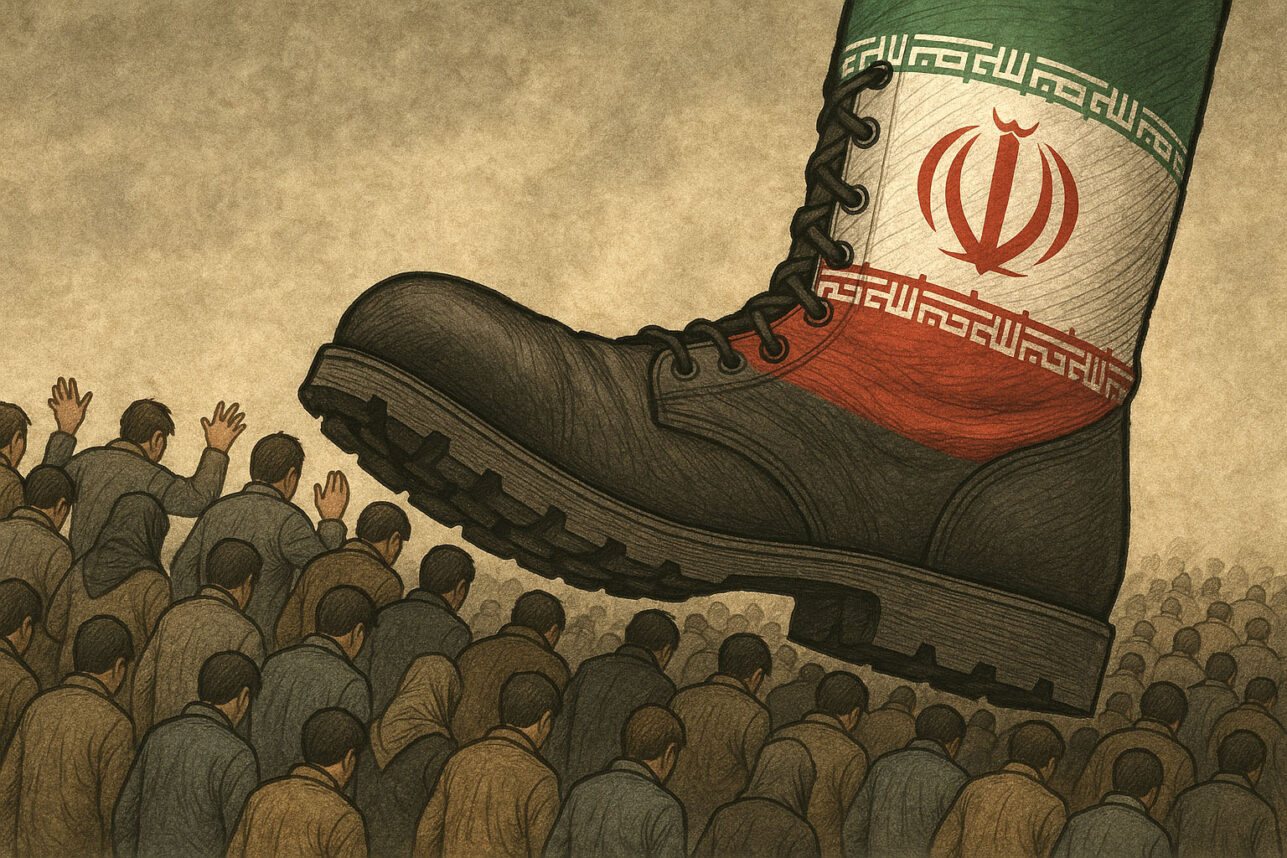

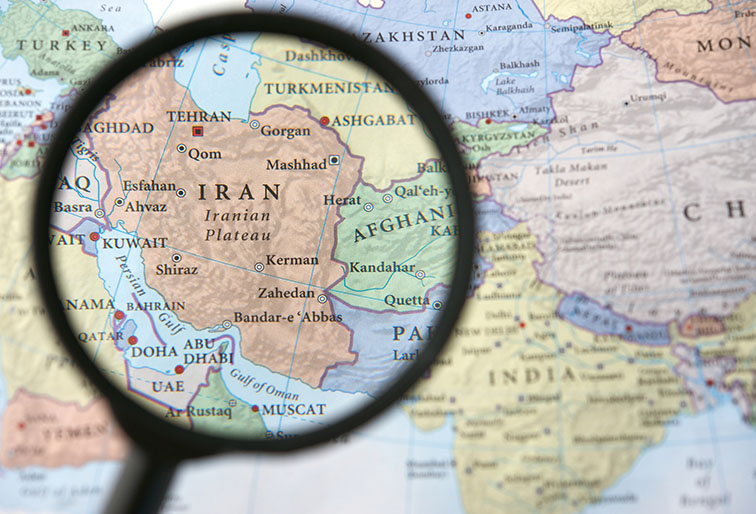
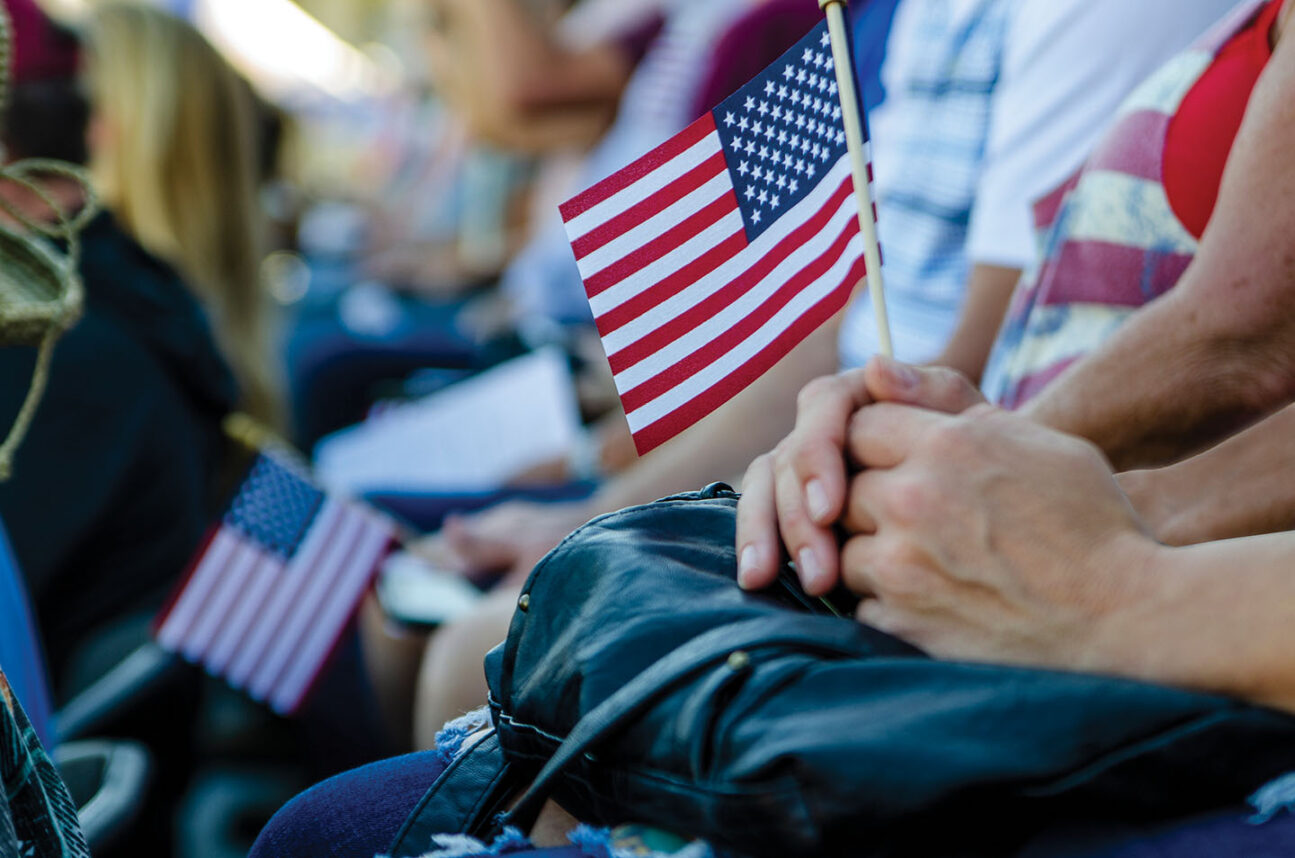

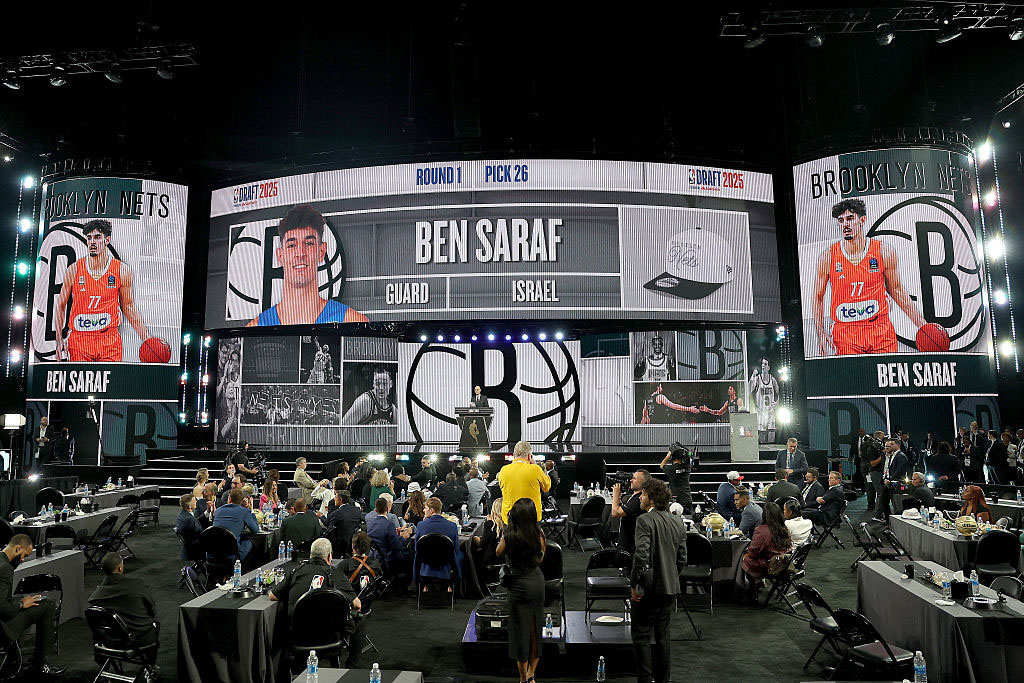
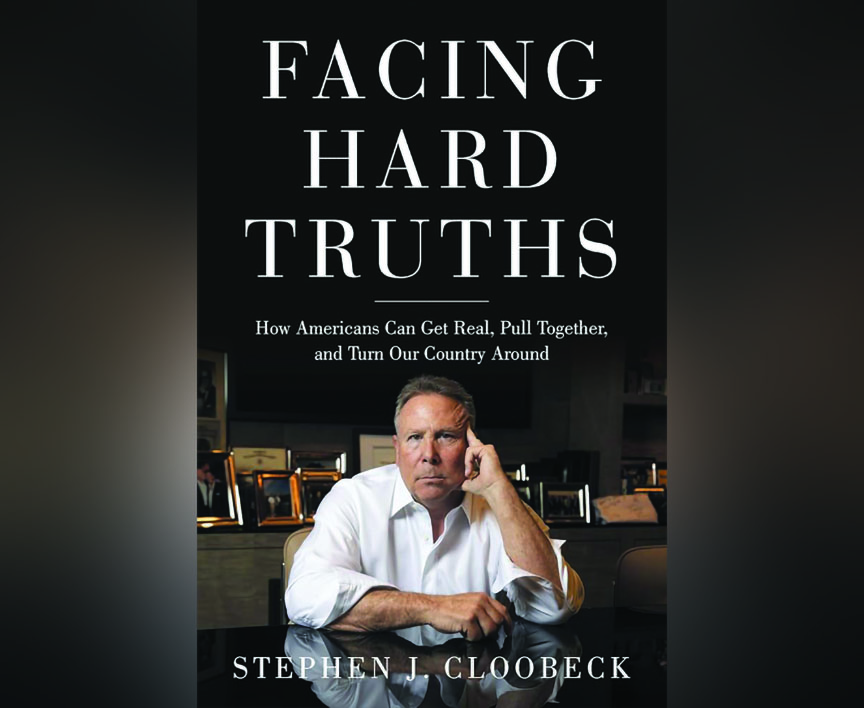












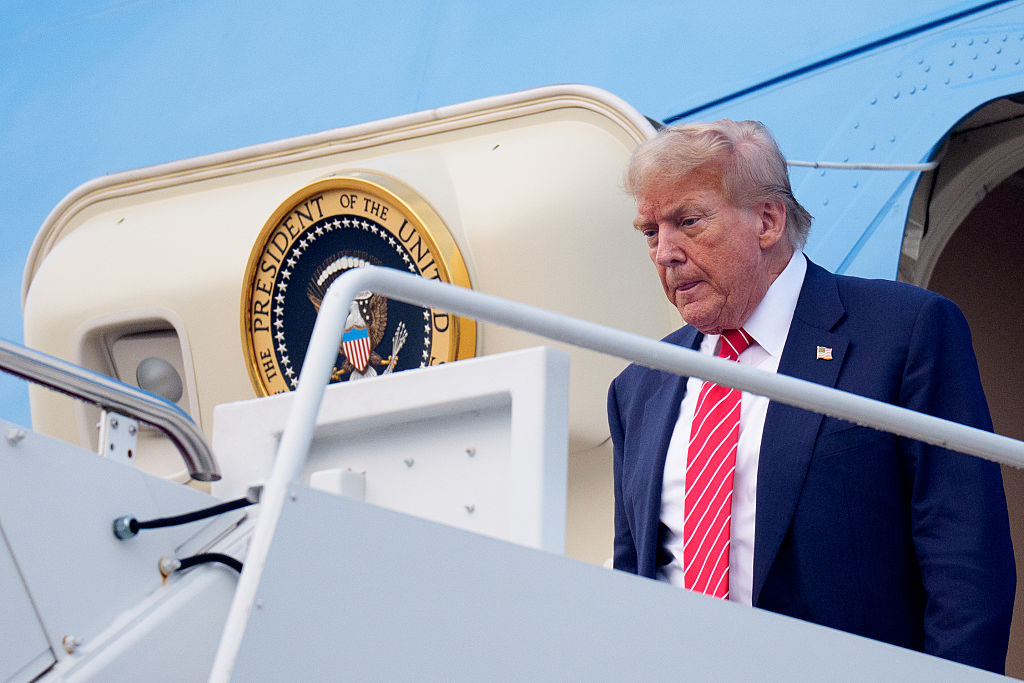


 More news and opinions than at a Shabbat dinner, right in your inbox.
More news and opinions than at a Shabbat dinner, right in your inbox.